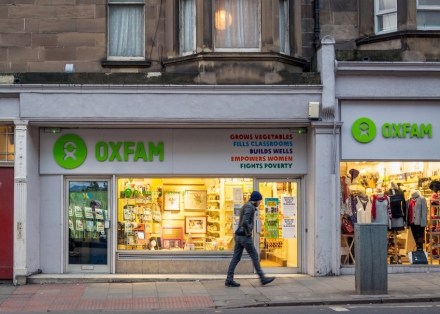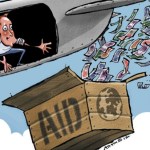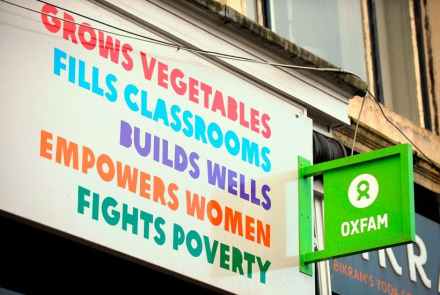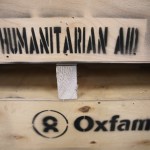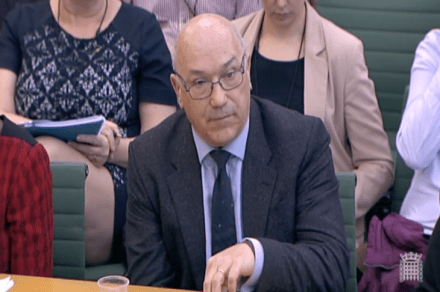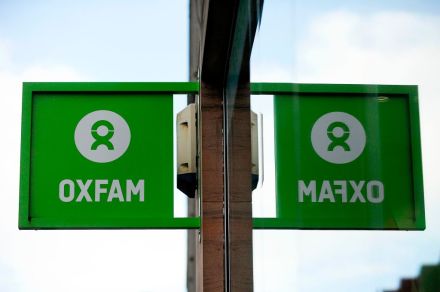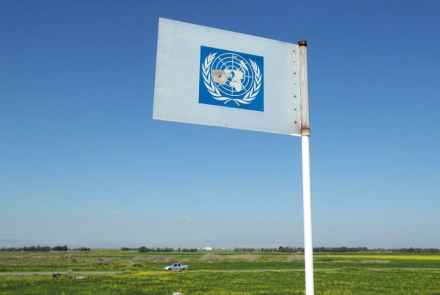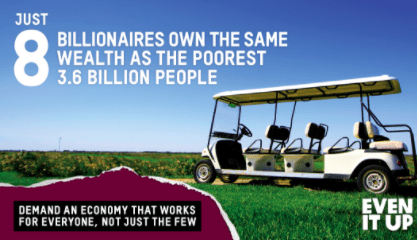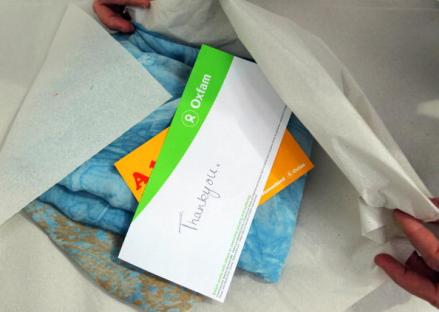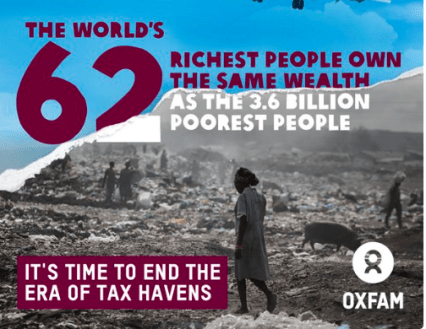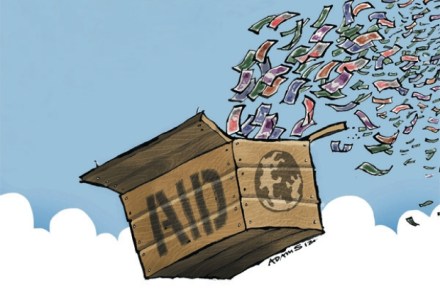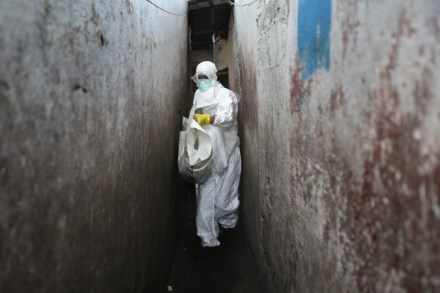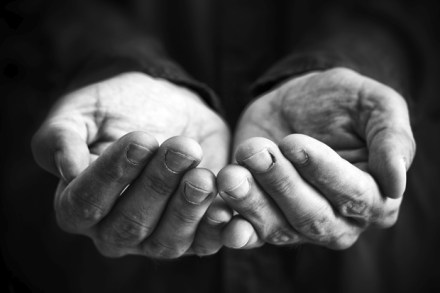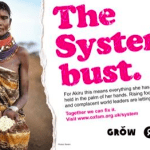Britain should resist copying the EU’s corporate responsibility law
Big corporations have a lot not to be proud of, and we certainly could do with laws to rein in some of their excesses. But that doesn’t mean that we should necessarily nod those laws through without a careful look. A case in point is the demand made in recent days for the government to follow an EU initiative and introduce a ‘corporate responsibility’ law. This would require British companies to vet their entire supply chains for, among other things, human rights violations. The EU scheme in question, based on a European parliament vote in March, is what you have to look at to see just what is being asked for. Its demands



